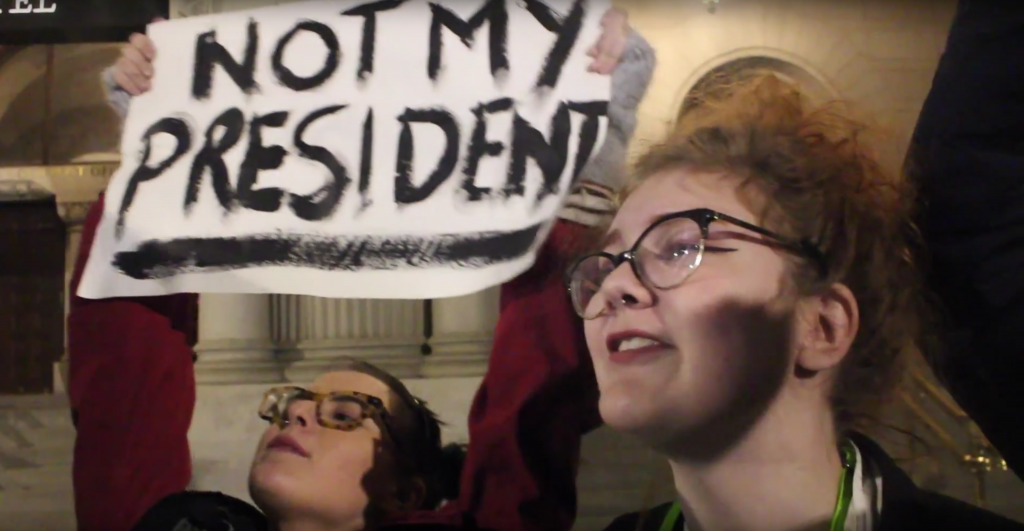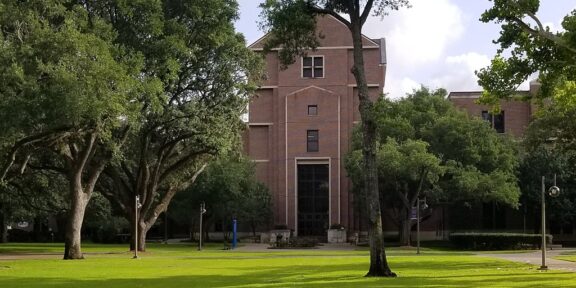The Pentecostal Methodist Evangelical World Missions Board and Nestle Philippines Inc. are teaming up in order to deliver much needed employment to the people of the Philippines. Chairman of the Board, Bishop Willie Anderson, and Vice-Chair Bishop Willie Anderson are the leading forces in this effort that is valued at $63 million dollars.
Bishop Anderson said that the purpose of this partnership was two-fold. “One, to support those that are challenged economically. Two, to provide economic opportunity for the black church and community.”
The Missions Board has been granted over 4,000 acres of land and in October they promised Nestle that they will produce between 30,000 and 55,000 metric tons of coffee during the next eight years. Anderson said that the seeding process for this project began this month.
However, even after the eight years has passed, the coffee can still make a profit of up to $30 million for the Board and the people of the Philippines.
“Livelihood for 10 million Filipinos must be addressed. A thriving agri-business must be pushed in the rural area,” said Philippine President, Gloria Macapagal-Arroyo
Currently, the average Filipino worker makes lees than a dollar a day. It is estimated that this project will increase the Philippines’ agriculture business by 100,000 more jobs in the coffee industry. A farmers association in the Philippines selected 2,000 farmers that will be a part of this venture.
According to a press release, chosen churches in America will earn thousands of dollars for ministry development, such as social and economic programs, and access to international trade opportunities typically not available to the black community.
Anderson said that once the money becomes available “it can be funneled through to all supporters in order to develop social and economic program in their communities.”
Urban churches and many denominations including Baptist, Methodists, Protestants, and Catholics were all invited to be a part of this project. However, the names of participating churches currently remain undisclosed.
Traditionally, the church has always been the strongest institution of the black community. During the Reconstruction period after the Civil War, the church served as a center for leadership, education, political activities, and organizations that pertained to mutual aid and benevolence such as trade associations.
Even today, religious figures such Reverend Dr. Floyd H. Flake, a former U.S. Representative, who is the senior pastor at Allen African Methodist Episcopal (AME) Church in Jamaica, Queens realizes the importance of economic prosperity for the black community. AME has an operating budget of about $24 million, commercial and residential development, a 500-student private school, and various commercial and social service enterprises for the surrounding community, which is primarily African-American. His endeavors and those of many other preachers have given African Americans many opportunities that would have otherwise been unattainable.
“Three fourths of the world is in poverty. This is caused by the lack of accessibility and opportunity. PMEWMB Philippine partnership with Nestle will change this for many,” said Aniceto.



